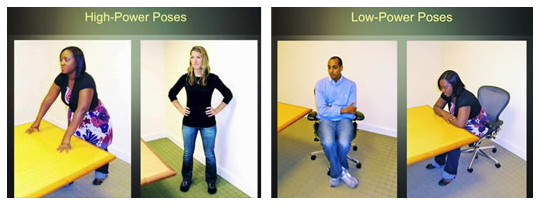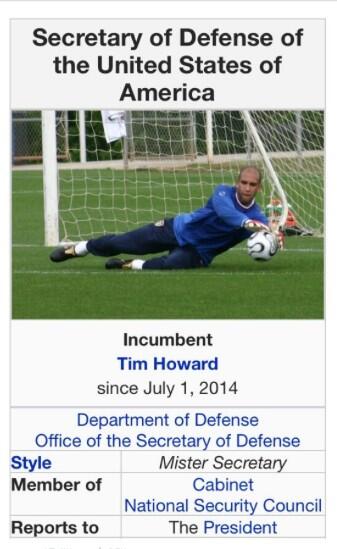With Great Power Comes Funny Poses
Nearly all men can withstand adversity, but if you want to test a man’s character, give him power. Abraham Lincoln.
Camping in the woods with friends is fun. Camping on a nest of your dirty clothes in the airport is not. But thanks to Mother Nature’s sudden fascination with lightning, I got to experience the latter.
While at most times, Chicago’s O’Hare airport is a terrible experience, it’s an even worse one when you have to spend the night there. Or when you have to work the airline reps to reschedule your flight
And unfortunately, the service rep I was supposed to make my demands to was a six foot, four product of steroids and grizzly bears. That is, he was big and scary.
Now, while I knew it was in my “power” to make the requests I wanted (“No, I would not like to fly out two days later on a team of seagulls attached to a garbage can”) I was nonetheless intimidated to state them.
However, being that psychology is always on my brain (or at least girls are always on my brain, which means I’m usually thinking of psychology because I’m trying to recall tricks to impress them), I knew of a study** that might help me in this instance:
A term coined by the current day psychologist Amy Cuddy, the power pose is a specific set of research within social psychology on embodiment: the study of how the physical position of our bodies can affect our thoughts.
For example, if you hold a pencil between your teeth for thirty seconds, it will make you happier. Although you’re not consciously aware of it, holding your mouth like that actually activates the same muscles used in smiling. Therefore, if you “embody” the physical stance associated with a particular emotion or thought, your brain thinks you should be feeling/having those emotions/thoughts.
Power poses taps into this same idea.
As you can see in the picture, the two poses on the right just “look” less powerful than the ones on the left. And in fact, if you have participants stand in the powerful poses for thirty seconds, they will feel and act more powerful than if you had them do the other positions—or even nothing at all.
Additionally, raising your upper lip as though to snarl or putting your hands above your head like a monster, also induce a greater sense of power.
So returning to my stay in O’Hare, before I approached the burly fellow I was supposed to make demands of, I went to the corner, did some power poses, and then marched right up to him to state my claims.
And boy let me tell you: had I been in the right line for American Airlines, heads would have rolled. Instead, I got to walk to another line where a sweet old lady made sure I had the best possible accommodations.
Powerfully (kind of),
jdt
**Recent research has come to challenge these findings (i.e., they have failed to replicate the psychological effects of
these “power poses”). However, research on the study of embodiment—the way in which our physical posture
influences our psychology—has been shown in a variety of studies. So if these poses don’t seem to be doing it for you, try
assuming a pose for a moment that conveys power and strength to you.
Carney, D. R., Cuddy, A. J., & Yap, A. J. (2010). Power posing brief nonverbal displays affect neuroendocrine levels and risk tolerance. Psychological Science, 21(10), 1363-1368.








